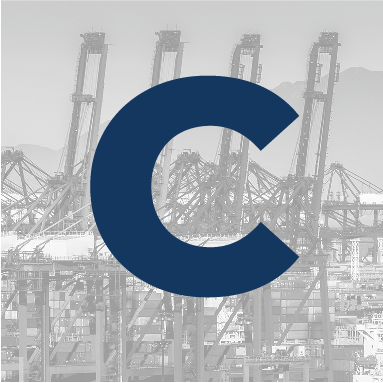
Commercial Invoice

Home > Freight Glossary > Commercial Invoice
Commercial Invoice for International Shipping
For international shipping, the commercial invoice is particularly important as it serves multiple functions. Not only does it provide a record of the sale, but it is also used by customs authorities to classify the goods and calculate import duties. Without a properly prepared commercial invoice for international shipping, goods may be delayed at the border, incur additional costs, or even be rejected by customs.
Commercial Invoice Format
A standard commercial invoice format typically includes the following information:
- Seller and Buyer Details: Names, addresses, and contact information of both parties.
- Description of Goods: Detailed description, including quantity, weight, and value of the goods.
- Payment Terms: Terms of sale, including Incoterms, payment methods, and currency used.
- Shipping Information: Date of shipment, mode of transport, and destination.
- Customs Codes: Harmonized System (HS) codes to classify the goods for customs purposes.
- Signature: Signature from the exporter or an authorized representative.
A commercial invoice example would list these details in a clear and organized manner to facilitate smooth customs clearance.
Differences Between Commercial Invoice and Customs Invoice
While often used interchangeably, a customs invoice is typically more detailed and focuses primarily on the information required by customs authorities. In contrast, the commercial invoice also serves the purpose of being a sales contract. Some countries may require a customs invoice in addition to or instead of a commercial invoice, especially for certain types of goods.
Commercial Invoice for International Trade
Requirements for Commercial Invoices in International Shipping
To ensure compliance with customs regulations, a commercial invoice for international trade must meet the specific requirements of the destination country. This may include providing detailed product descriptions, listing HS codes, and ensuring that values and terms of sale are accurate. Missing or incorrect information can lead to delays, fines, or shipment rejections.
International Invoice Format Considerations
An international invoice format may differ slightly depending on the destination country. For example, some countries require specific information such as the country of origin, the name of the carrier, or the mode of transportation. It’s important to research the customs requirements for the country of import to ensure the commercial invoice is correctly formatted and complete.
Commercial Invoice and Packing List
Importance of Including a Packing List with a Commercial Invoice
The commercial invoice & packing list work together to ensure smooth shipping and customs clearance. While the commercial invoice provides financial and legal details about the transaction, the packing list outlines what is physically inside the shipment, including dimensions, weights, and specific items in each container.
How to Coordinate the Commercial Invoice and Packing List
To coordinate the commercial invoice and packing list, ensure that the descriptions, quantities, and values listed in both documents are consistent. This alignment is crucial for customs officials to verify the contents of the shipment and the financial information provided in the invoice. Any discrepancies between the two documents can lead to delays or fines.
Digital and Physical Formats
Commercial invoices can be created in both digital and physical forms. Many businesses opt for a commercial invoice PDF to streamline the documentation process and maintain electronic records. However, some customs authorities may still require physical copies of the invoice for certain shipments. It's essential to confirm the specific documentation requirements for the destination country.
Legal and Regulatory Considerations
When preparing a commercial invoice for international trade, businesses must ensure that all information is accurate and complies with both local and international regulations. Misrepresentation or failure to include the required information could lead to penalties or shipment delays.
Common Mistakes and How to Avoid Them
- Incorrect Product Descriptions: Ensure that the descriptions are detailed and match the contents of the shipment.
- Missing HS Codes: Always include the correct Harmonized System code for each item to avoid customs issues.
- Mismatched Documents: Ensure that the commercial invoice and packing list are aligned in terms of quantities, weights, and descriptions.
- Incomplete Payment Information: Clearly state the terms of payment and sale to avoid confusion during customs clearance.
By ensuring accuracy and completeness in your commercial invoice for shipping, you can avoid unnecessary delays, penalties, and rejections during the international shipping process.
Contact

Ocean Freight

Road Freight









